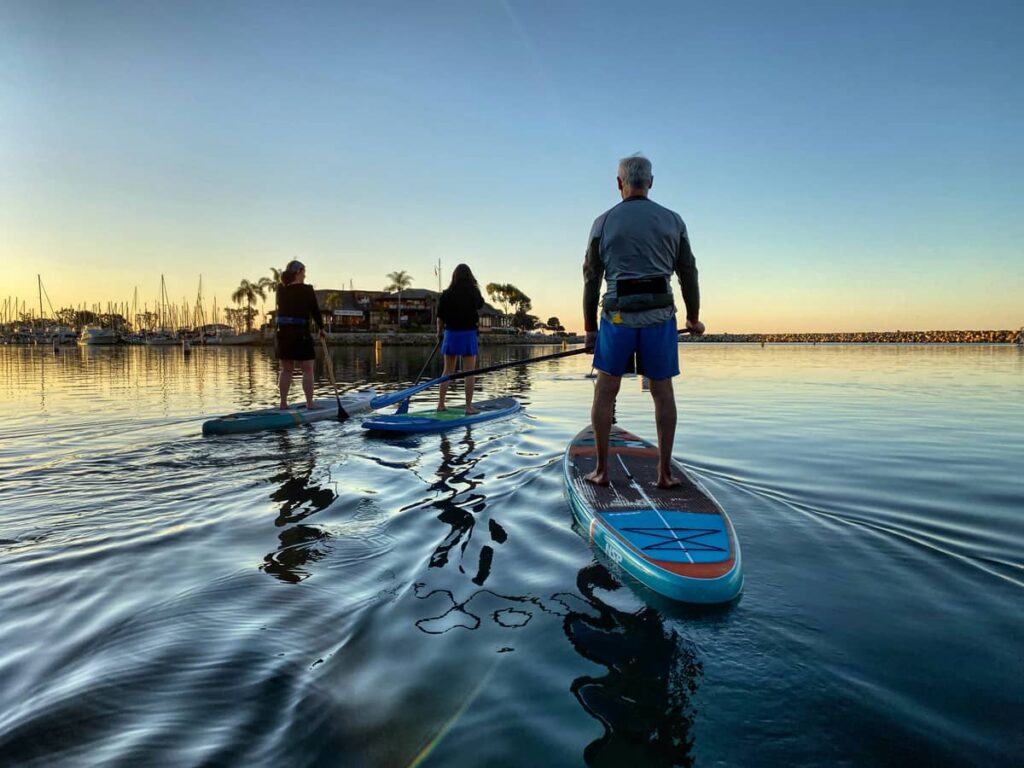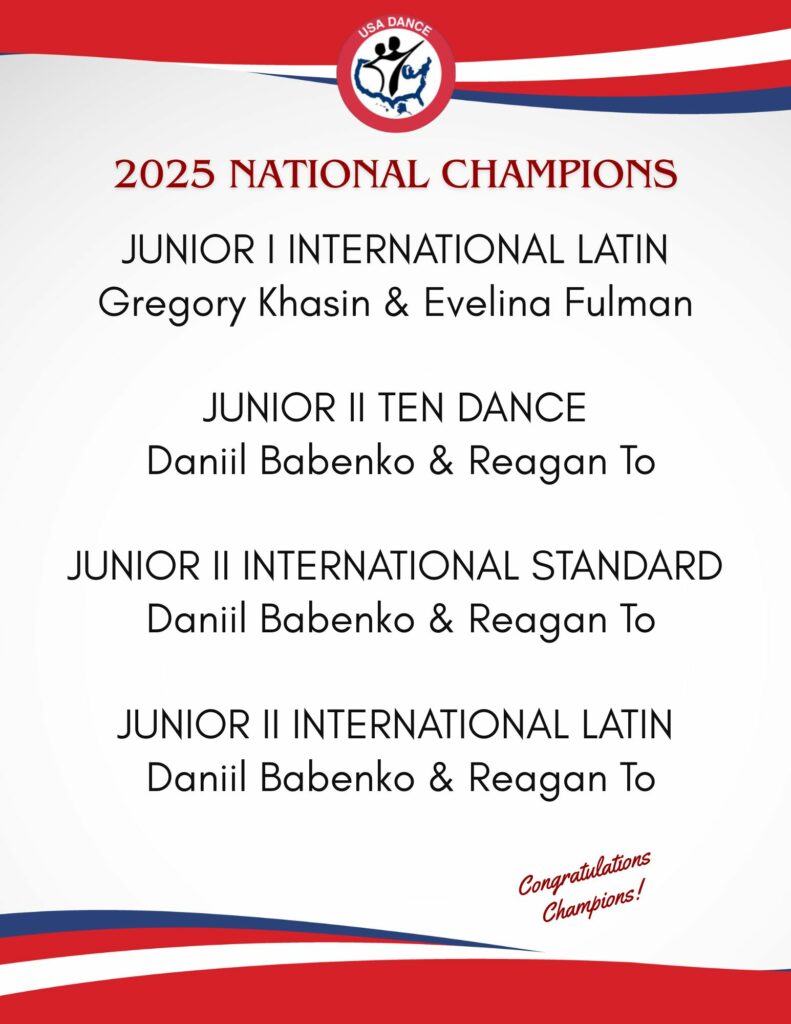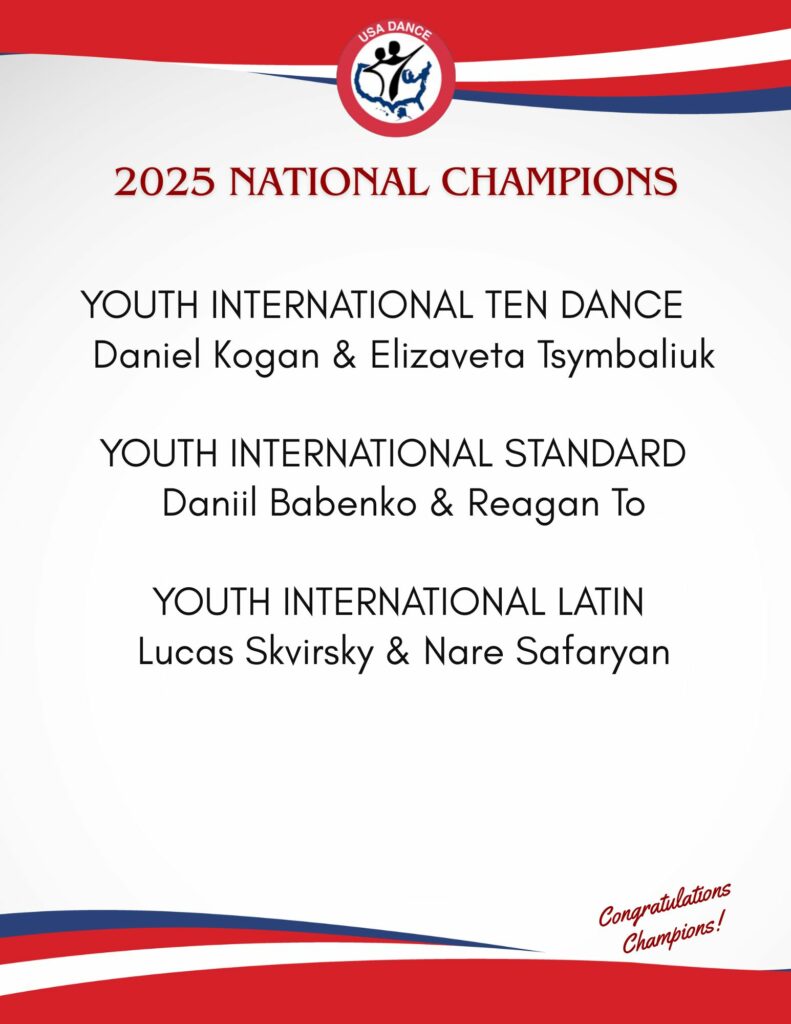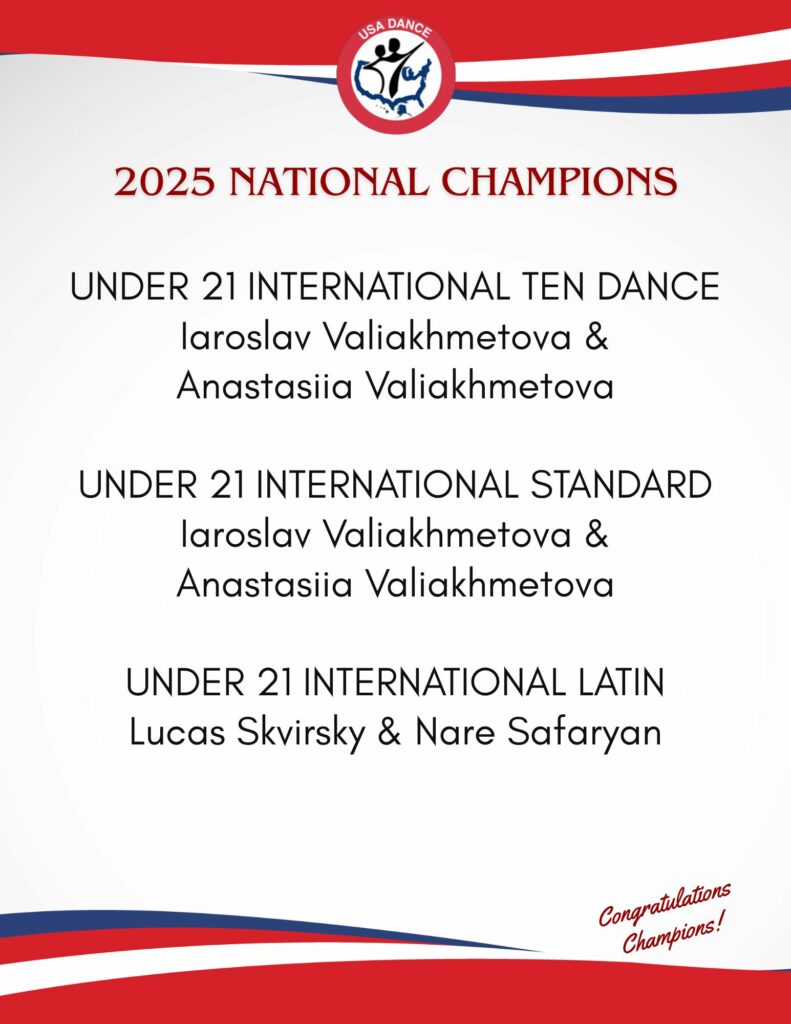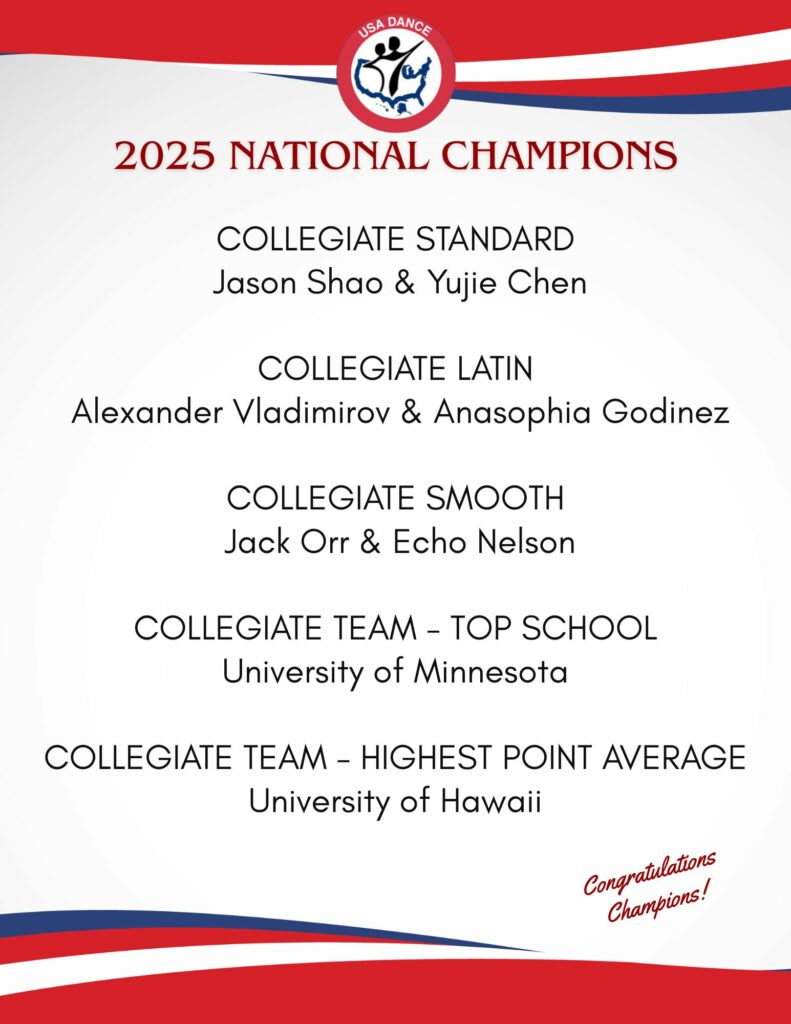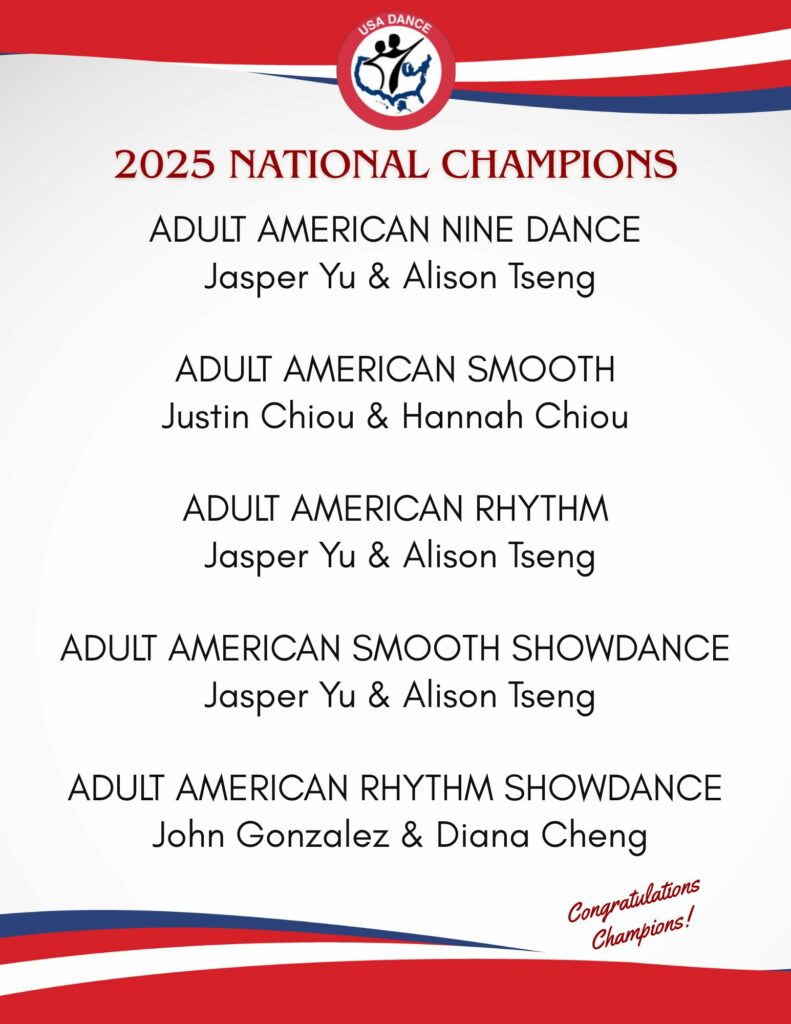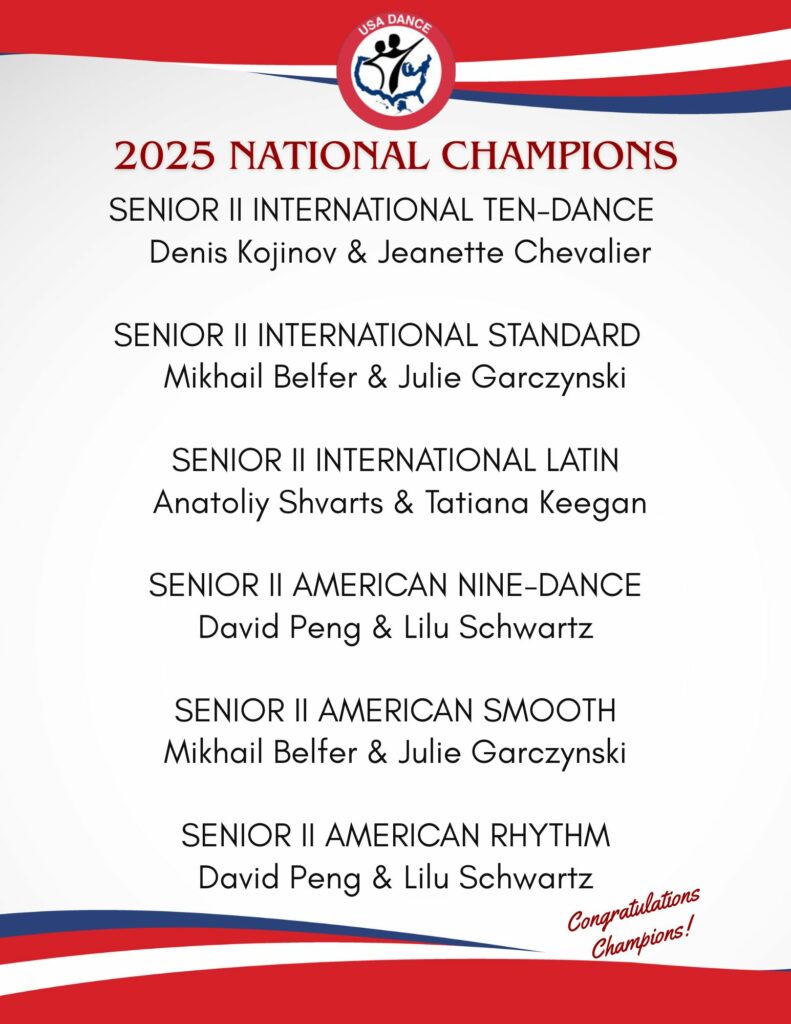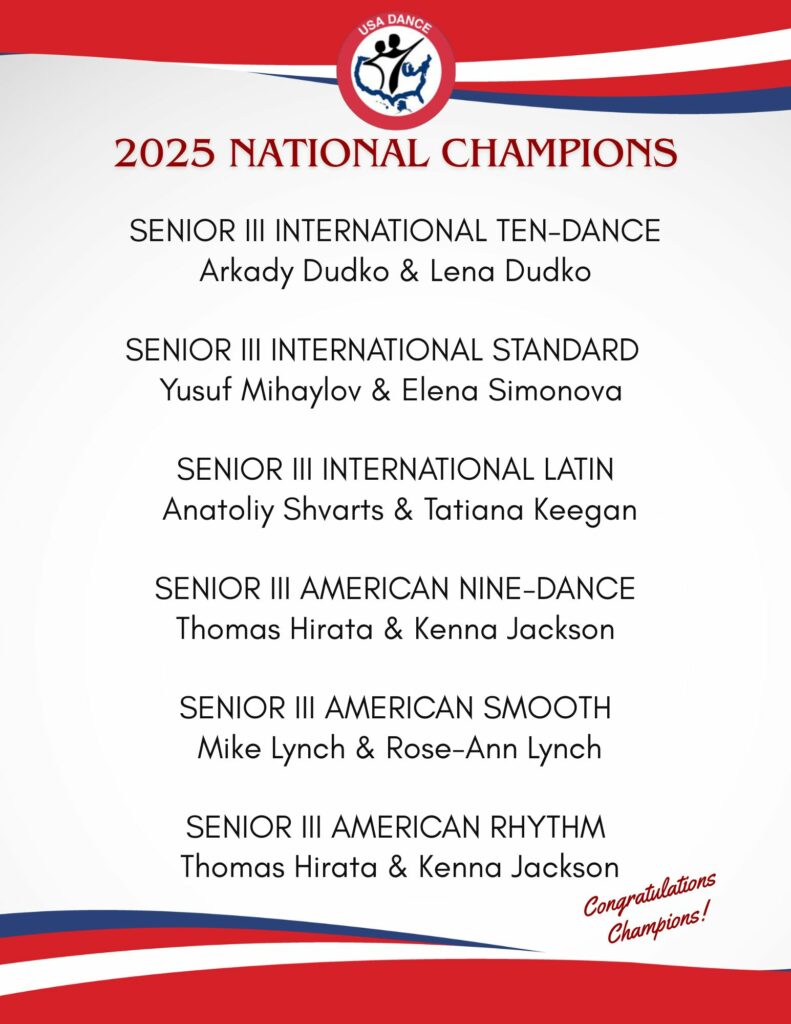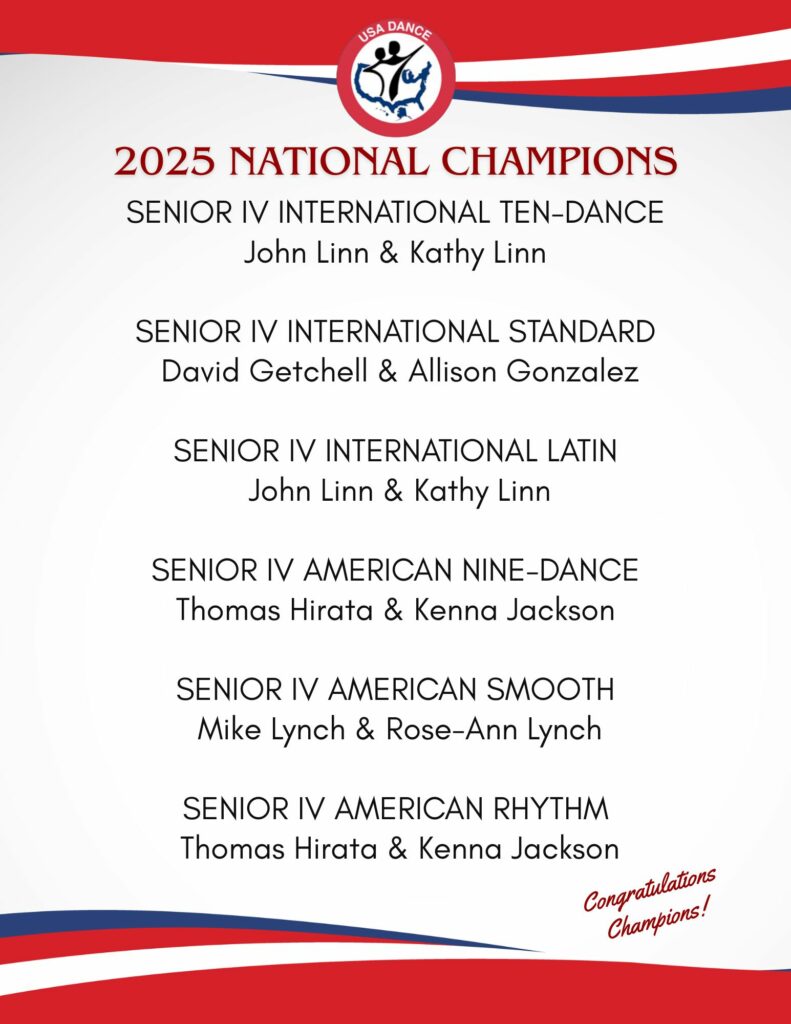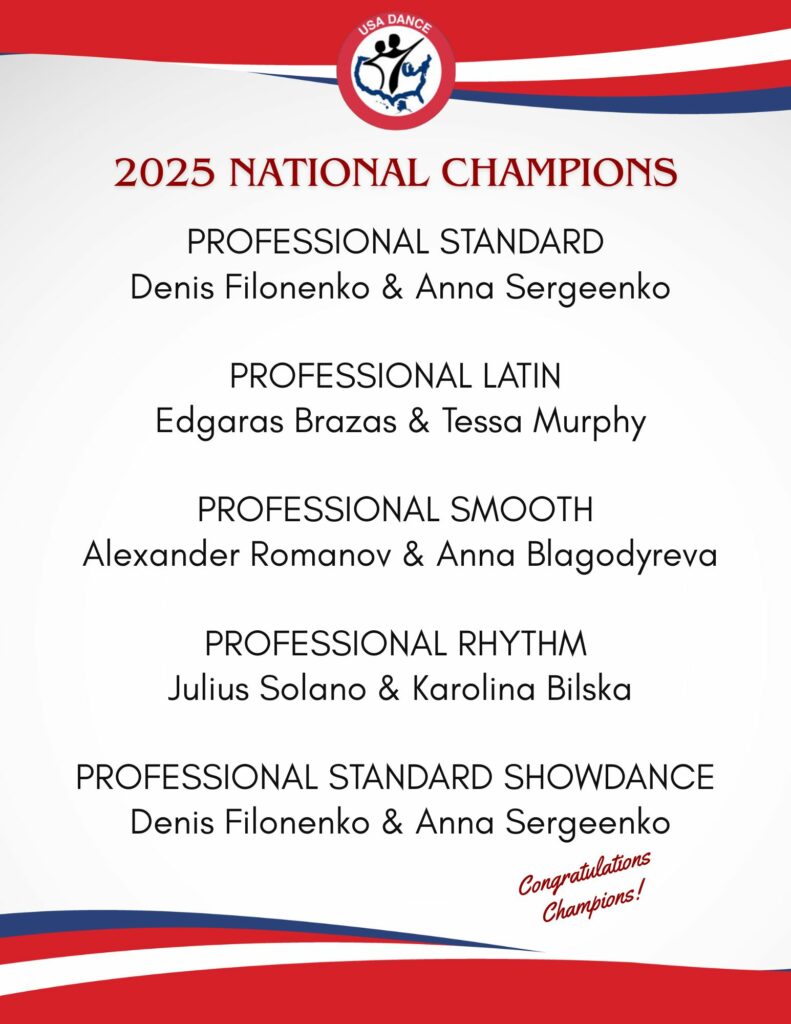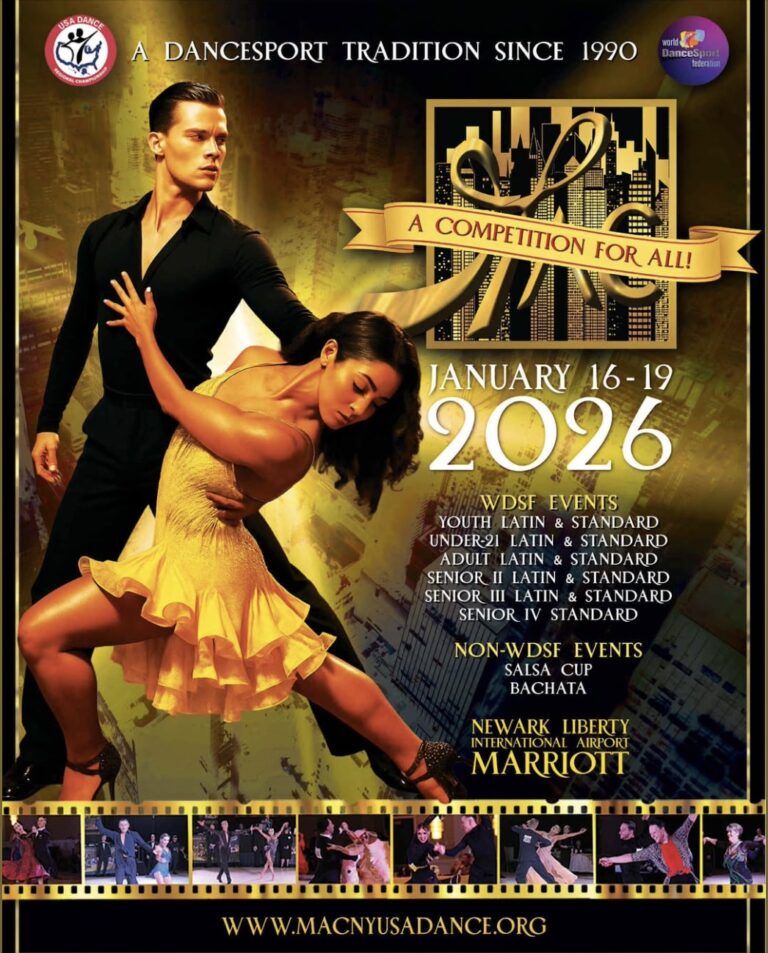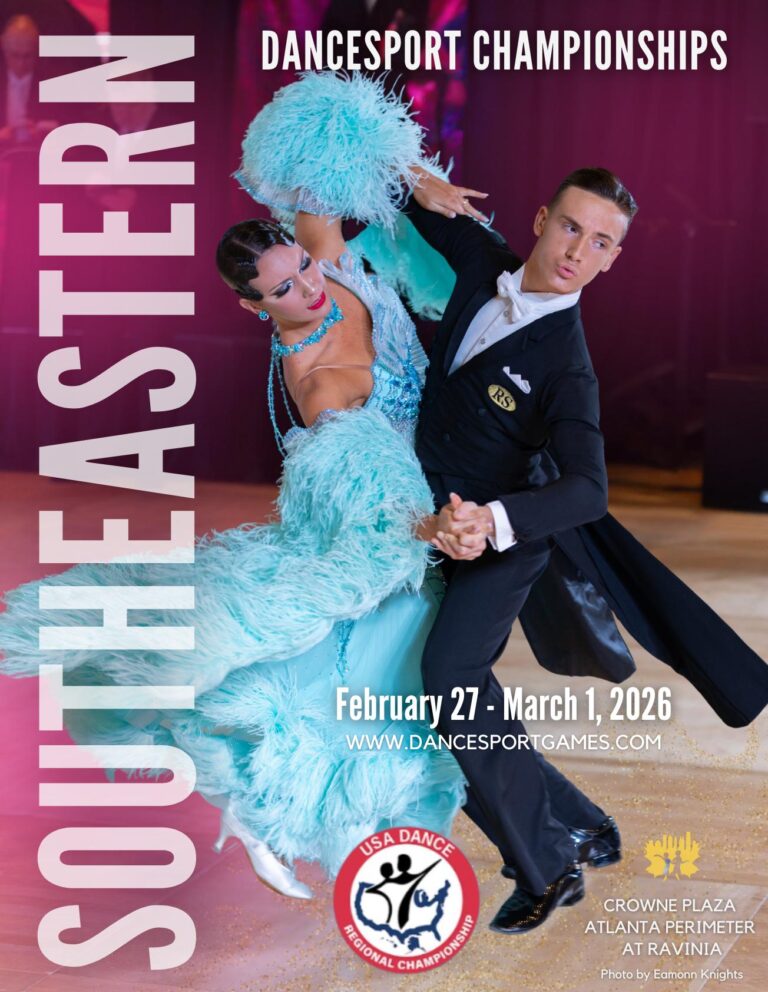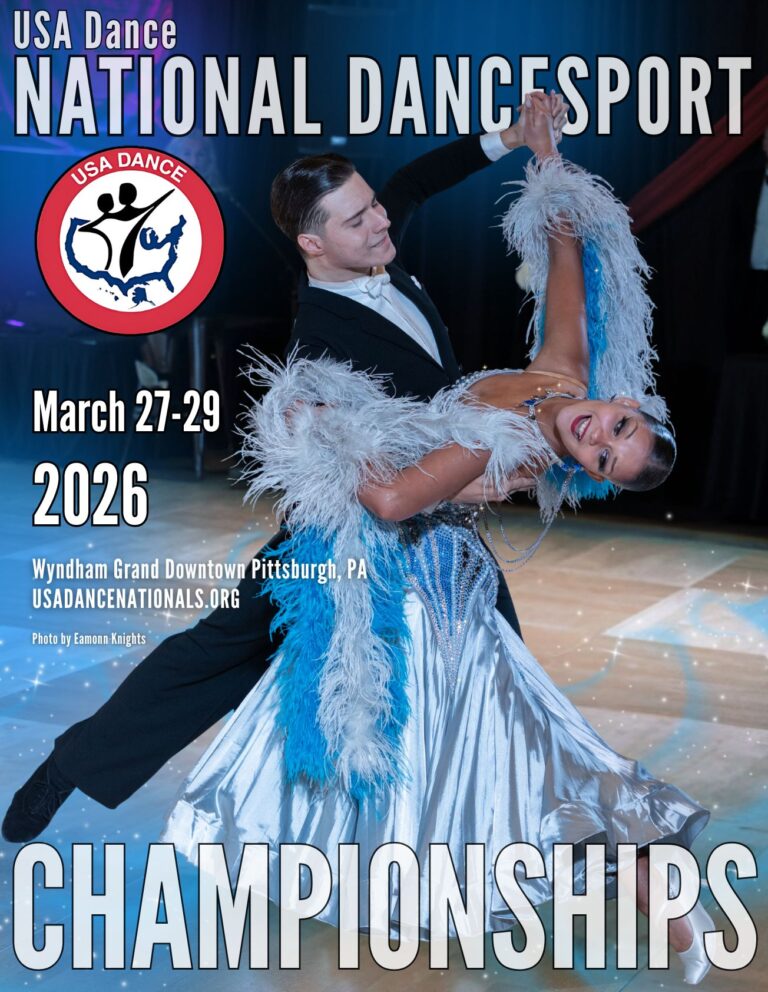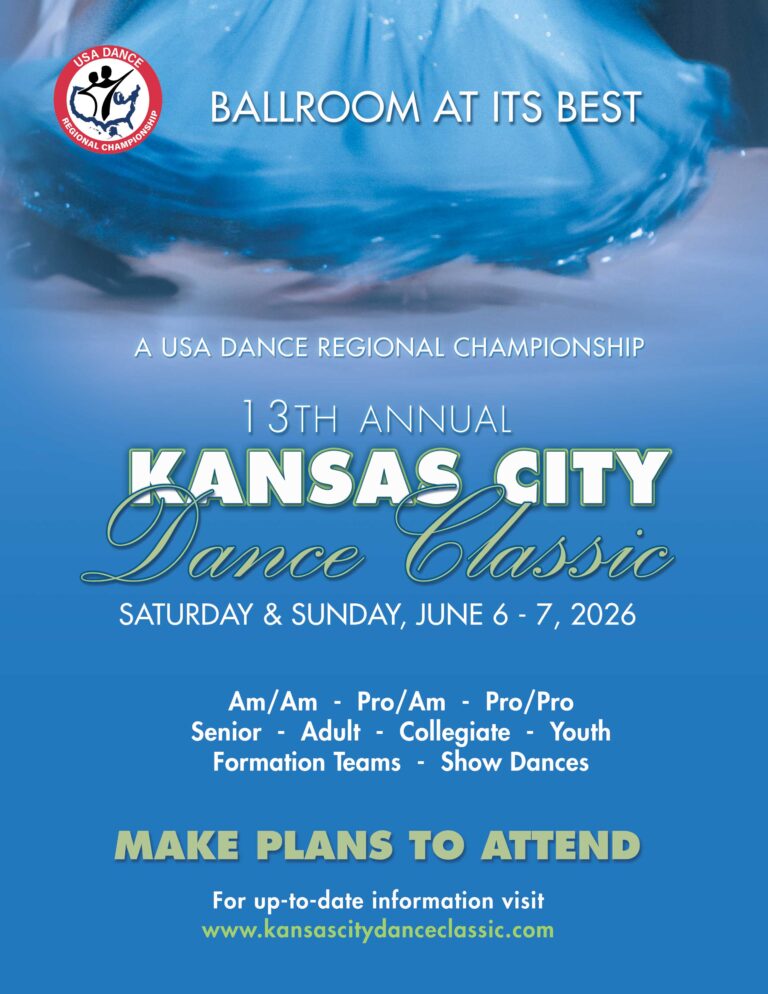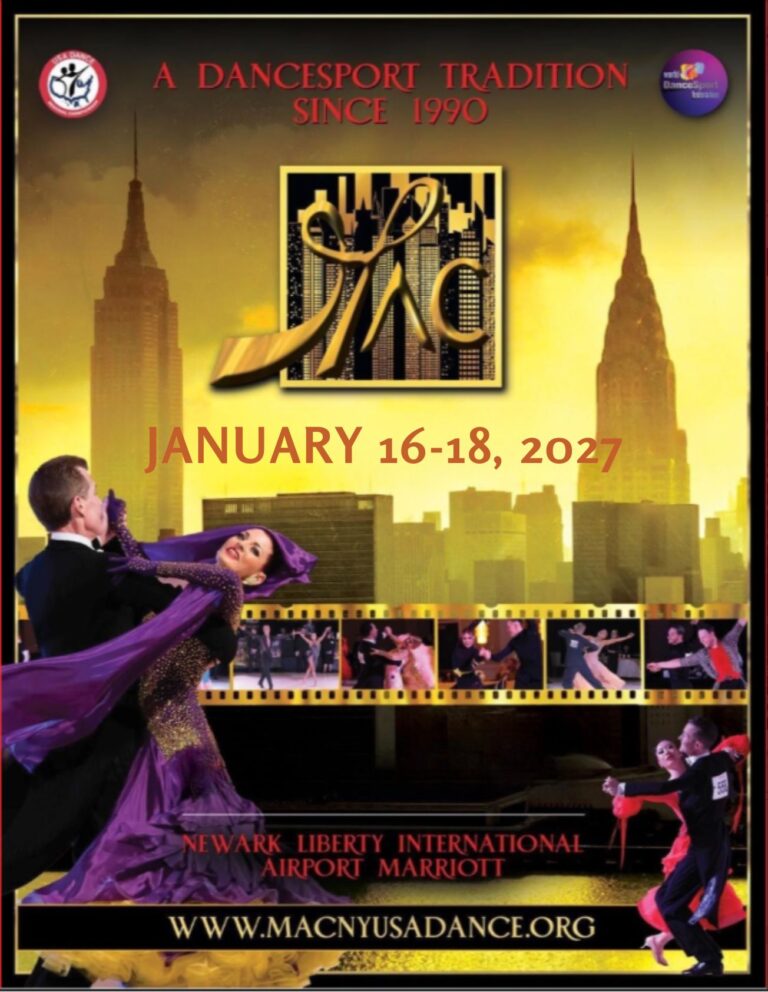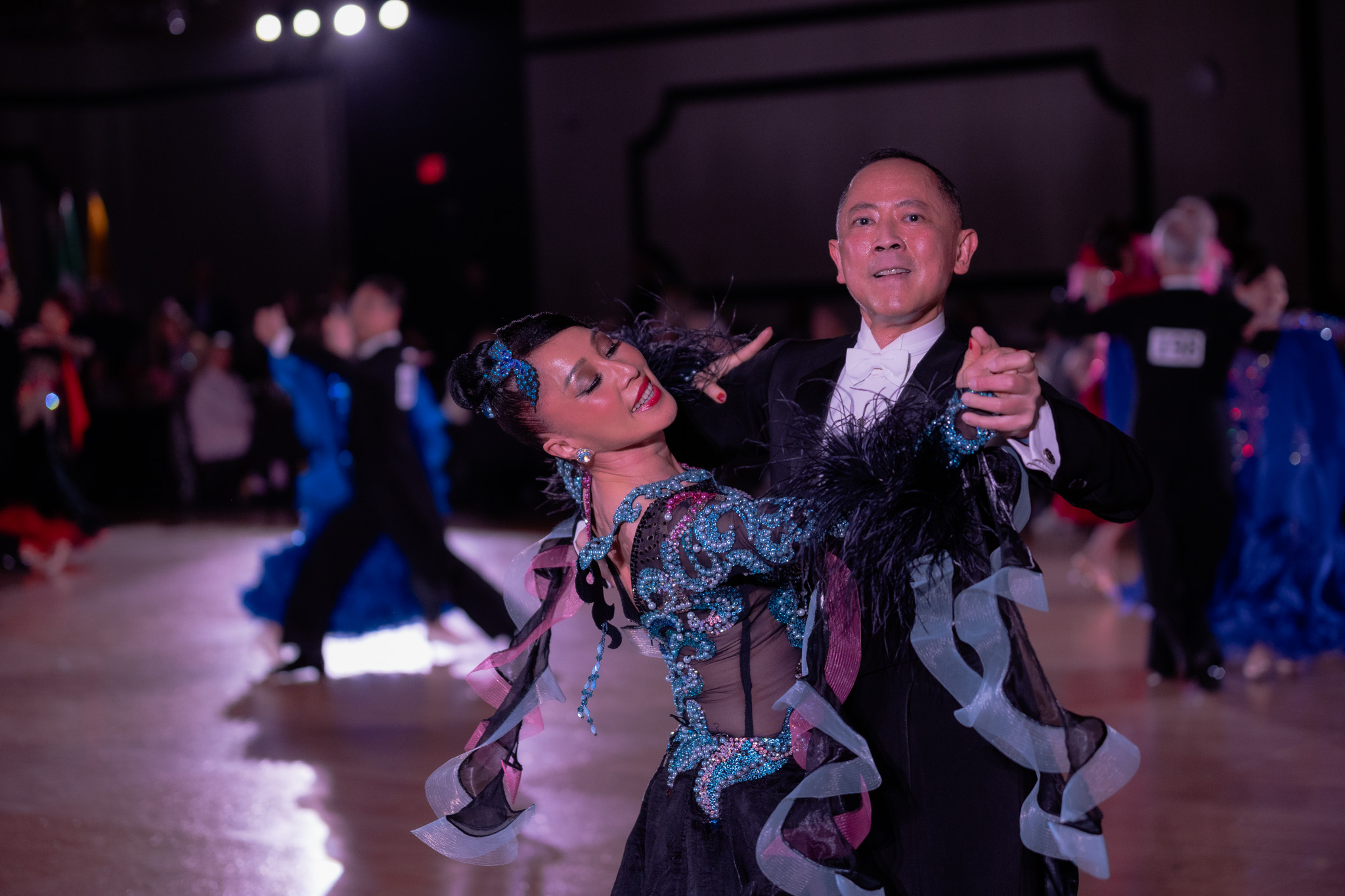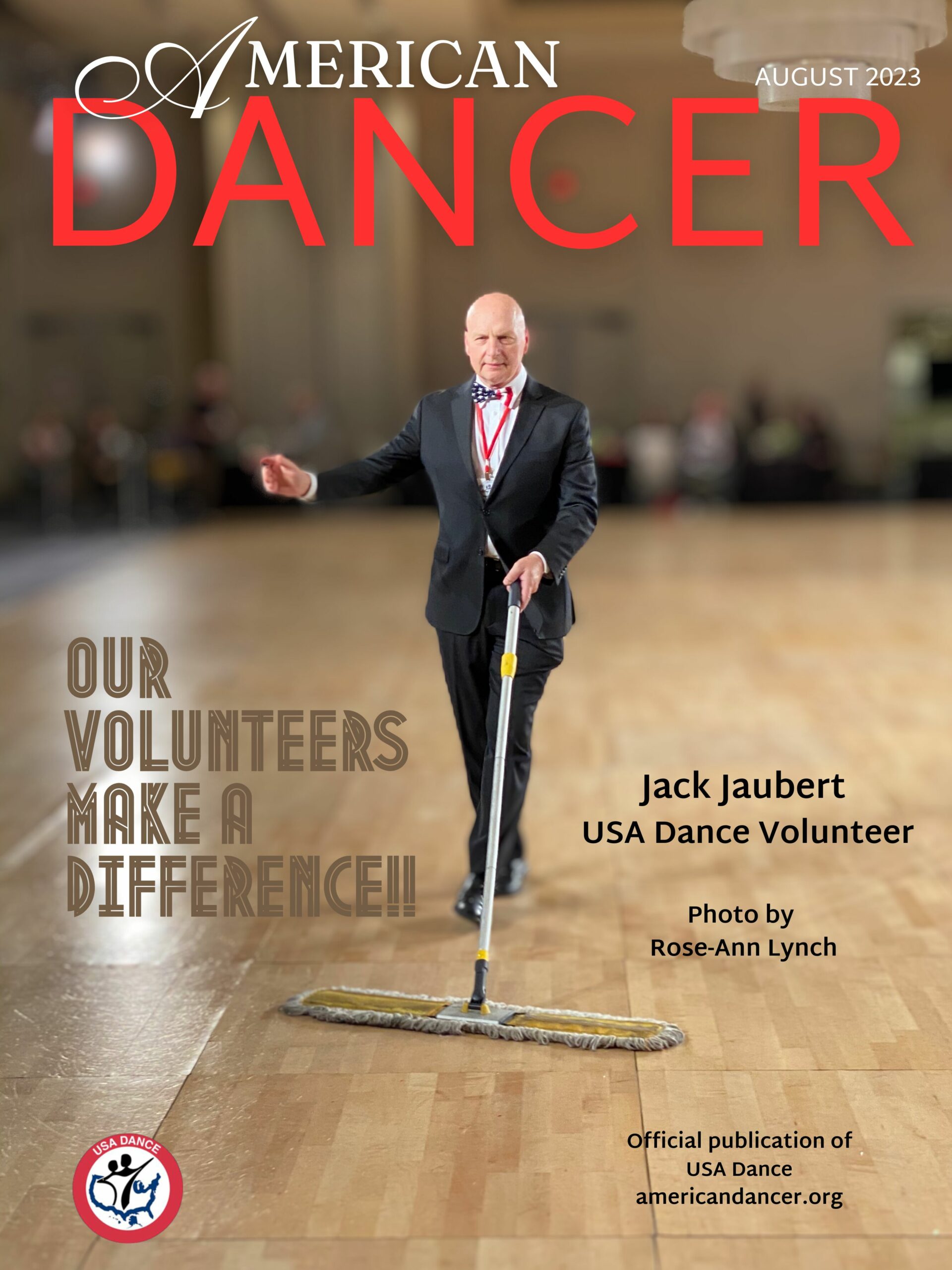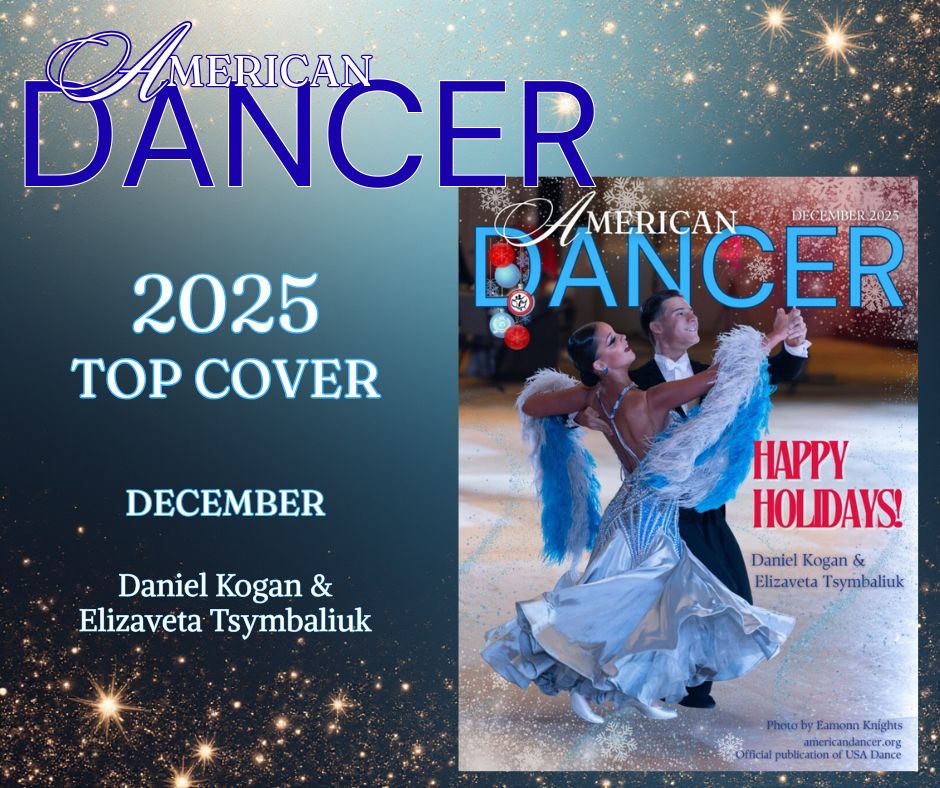In surfing, riding waves that are over your head is a sign of skill. Riding double overhead waves is a mark of courage. Picking your challenges is a sign of wisdom.
I took up both surfing and stand-up paddling in my 60s. The constantly moving water, the sound of the waves, and the force of the surf crashing on the sand were awe-inspiring and scary. My get-up moves when prone surfing were those of a 60-year-old: slow, not so smooth, and a little tentative. Each wave caught brought another sense of accomplishment. Each crash was humbling.
Aging bodies don’t crash well. The time out, the pain, the stiffness, and the cost of the injuries in downtime and missed work become more brutal, more of a threat to survival. The key to continuing to surf—along with engaging in other highly active sports—is judgment.
I migrated to my favorite surf height, which I call “double over ankles”—a riff on the double overhead real surfers aspire to. The small waves give me most of what I would get from the bigger surf but without the overwhelming danger. The caught waves were more frequent, the time on the water more consistent, the downtime nonexistent. And the number of smiles was nearly the same.
Aging brains and bodies can choose either not to play or to play with intention. Much of the reason my female endurance athletes took up running after age 35 was the maturity they had gained about their bodies, their physical goals, and their unexplored sports abilities. They already knew about their endurance levels from being moms, wives, businesswomen, and former athletes. What inspired their ability to run marathons, do triathlons, and endure 100-mile races was another level of growth and self-awareness. And this holds true for men and women.
If every athlete paused and assessed their potential, their risk tolerance, and their desires; then worked with a coach to set goals, their accomplishments would flow and their injuries be reduced. What I learned was that “double over ankles” challenged me in style and skill and rewarded me with more time spent on the water and out of the doctor’s office.
So go ahead and surf, ski, run, and play with thoughtfulness. Sport is a thinking person’s game, and aging athletes have all the advantages—if they would just cogitate before they agitate.
Tune into Dr. Stone’s latest interview with Peter Bowes on Live Long and Master Aging. This podcast is “a series of one-to-one interviews that explores the science behind lifestyles that promote healthy aging.”
 Kevin R. Stone, MD
Kevin R. Stone, MD
Dr. Kevin R. Stone is a pioneer of advanced orthopaedic surgical and rehabilitation techniques to repair, regenerate, and replace damaged cartilage and ligaments.
He is an orthopaedic surgeon at The Stone Clinic and also the chairman of the Stone Research Foundation. He lectures around the world as an expert in cartilage and meniscal growth, replacement, and repair and holds over 40 U.S. patents on novel inventions to improve healthcare.
Dr. Stone uses anabolic therapy and other biologic techniques to work to preserve the natural biology of a joint, helping people avoid or delay an artificial joint replacement.
At The Robotic Joint Center, Dr. Stone uses advanced robotic-assisted surgery techniques to ensure that partial and total knee replacements result in precise alignment and a more natural feeling knee
Dr. Stone was trained at Harvard University in internal medicine and orthopaedic surgery and at Stanford University in general surgery. His fellowship was in research at the Hospital for Special Surgery and in knee surgery in Lake Tahoe. Dr. Stone is consistently listed as one of the country’s top 25 Ambulatory Surgery Center (ASC) leaders and ranks amongst the country’s top 75 knee surgeons.
Editor’s Note: Read about one of our National Champions’ experiences with a knee replacement by Dr. Stone at the Stone Clinic. Senior III Smooth and Standard Dancer Mike Lynch talks about his injury, research, procedure, therapy, and progress. Mike also provides a checklist to help you if you travel for surgery.1
Dr. Stone is a physician for Smuin Ballet and has served as a physician for the U.S. Ski Team, the U.S. Pro Ski Tour, the Honda Ski Tour, the Jeep 48 Straight Tour, the Old Blues Rugby Club, Lawrence Pech Dance Company, Marin Ballet, the modern pentathlon at the U.S. Olympic Festival, the United States Olympic Training Center, and for the World Pro Ski Tour. He’s been featured on Good Morning America, the Ologies podcast, and Star Talk podcast hosted by Neal deGrasse Tyson. He is the best-selling author of the book Play Forever. He also served as a columnist for the San Francisco Examiner and writes a weekly blog at www.stoneclinic.com/blog.
Dr. Stone enjoys skiing, windsurfing, and biking.
This article was reprinted with the express permission of Dr. Kevin Stone, MD and The Stone Clinic. To see or sign up for The Stone Clinic’s Blog, Click Here!

